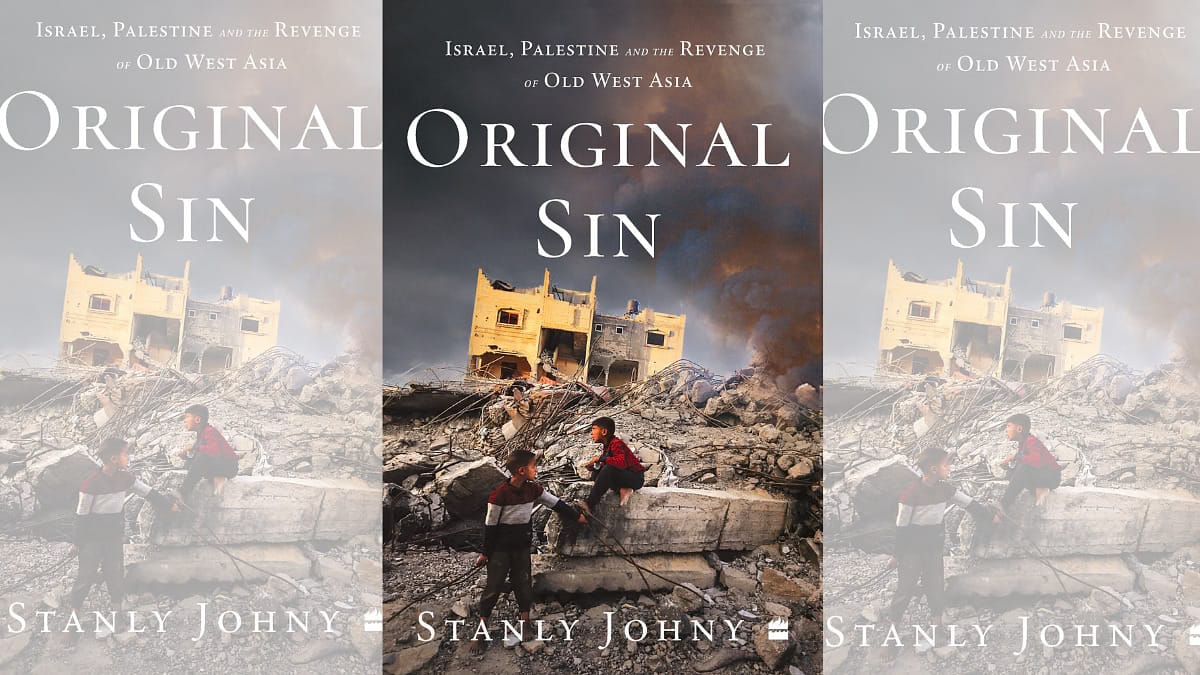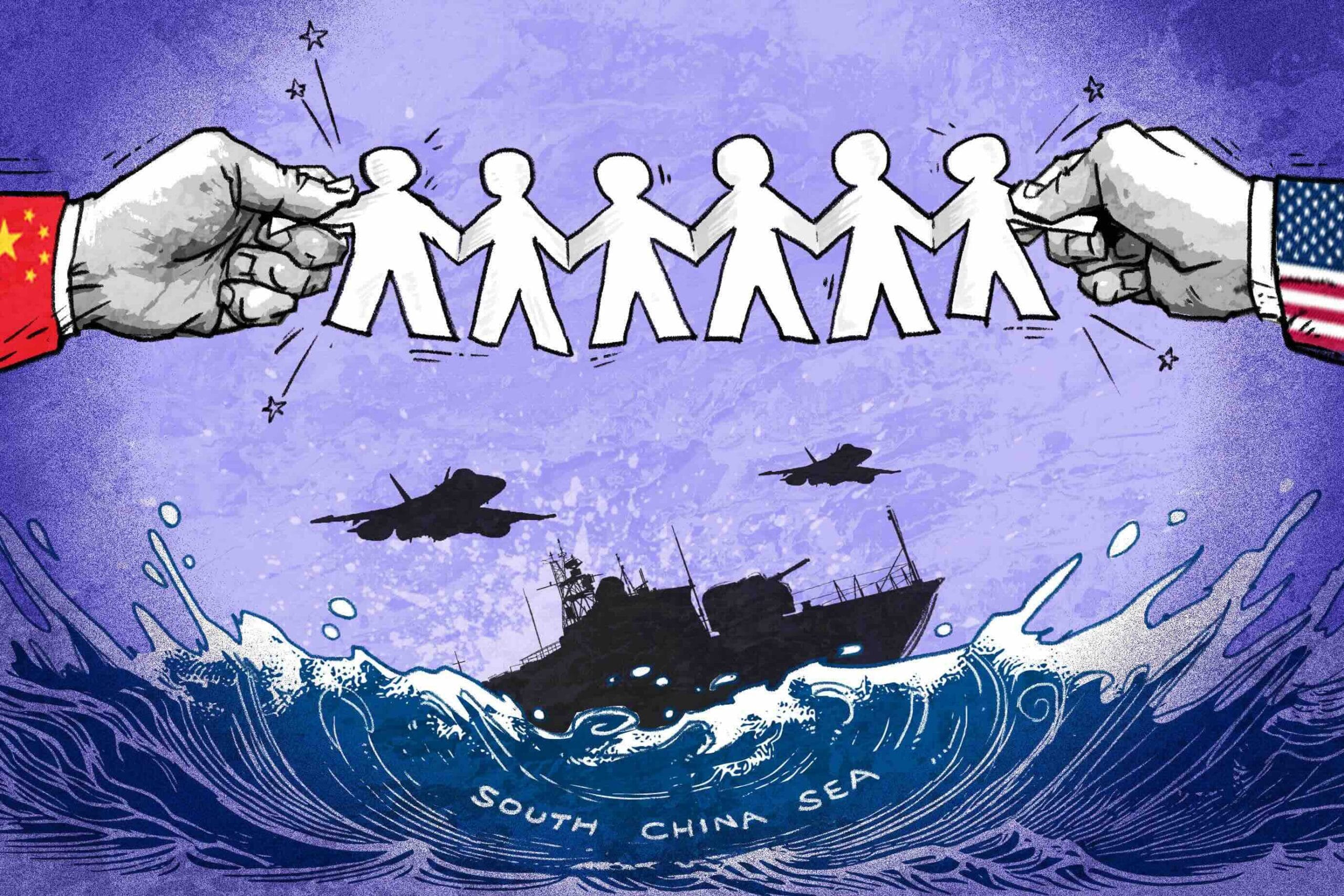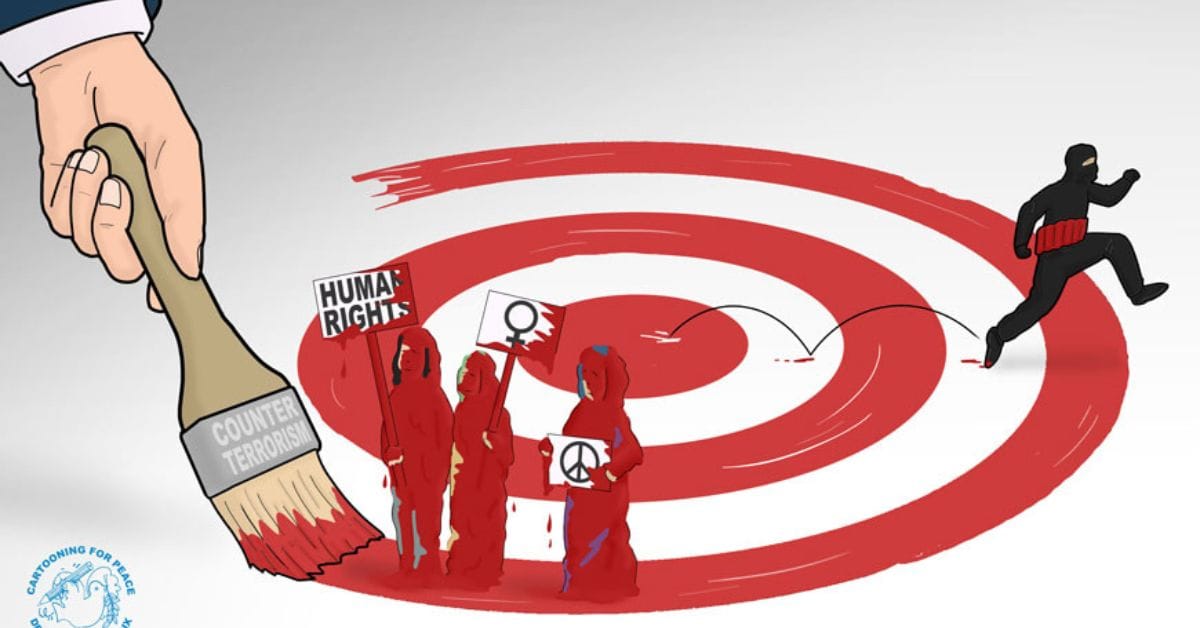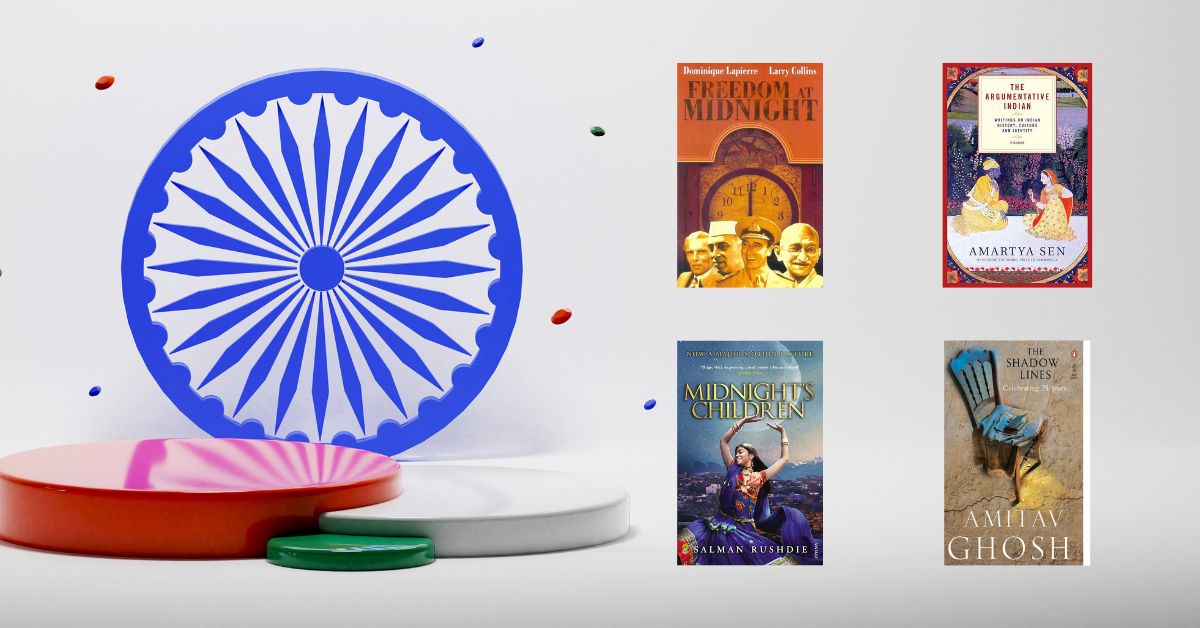In George Orwell’s 1984, “2 + 2 = 5” is used a metaphor of power over truth i.e., if the government regime says something is true, you’re forced to believe it. In this commentary, I will explore this simple arithmetic falsehood that is often used metaphorically to represent government propaganda, symbolising the manipulation of truth across different periods of modern history, including the World Wars and contemporary times. I will also interpret this fallacy in the context of the Kashmir’s Pahalgam terror attack by Pakistan-backed militants.
Category: Books
Book Review: “Does the Elephant Dance?”
Does the Elephant Dance? Contemporary Indian Foreign Policy is a study of Indian foreign policy and its evaluation on various parameters. The author of this book, David M. Malone, a diplomat, author, and former Rector (leader) of the United Nations University, has witnessed the firsthand development of Indian foreign policy and held discussions with the key decision-makers. Throughout ‘Does the Elephant Dance?’ Malone exercises this confluence of diplomatic and scholarly authority artfully, tracing the key tenets of Indian foreign policy from its independence, till 2011.
Original Sin: Israel, Palestine and the Revenge of Old West Asia
West Asia is crucial for its geostrategic location, energy security and homes for the oldest religions. Despite its importance, wars and conflict have been contentious affairs in the region. The conflict between Israel and Palestine for their homeland has been the centre of the regional countries’ domestic and foreign politics. Every event has stories of two sides: the one Western media, governments, and diplomats tell or write about, and the second one is what really happened during the events. The first sets the narrative according to their requirements, and the second one will bring people closer to the truth, where they are free to perceive or understand the events according to their observation.
Asia’s Cauldron: The South China Sea and the End of a Stable Pacific
Historically it is the competition for land that provokes tensions between the states, over time the world has seen this shift towards the blue territories as Kaplan calls it. Two explanations for the same could be economic mercantile trade and the dynamic shift of attention from Eurasia to East Asia which is largely maritime. Kaplan says that seas can act as a seed or a dodger in creating tensions and even invasions. However, the likelihood is quite tilted towards aggression.
Can Terrorism Ever Be Morally Permissible?
Jaggar’s work on terrorism, titled What Is Terrorism, Why Is It Wrong, and Could It Ever Be Morally Permissible, will be analysed to examine how the author […]
The Best Books to Read at India’s 78th Independence Day
As the clock struck midnight on August 15, 1947, a new dawn broke across the Indian subcontinent. For the millions of people who had fought for decades under the colonial rule, that moment marked the culmination of a dream – a promise to self – determination, unity, and hope. The birth of a free India, announced with Jawaharlal Nehru’s stirring words, “At the stroke of the midnight hour, when the world sleeps, India will awake to life and freedom,” signified not just political independence, but the reclamation of a long-suppressed identity. Yet, as the jubilant celebrations of that day echoed across a land still trembling from the trauma of partition, India found itself poised between freedom and fracture, between euphoria and an uncertain future.





